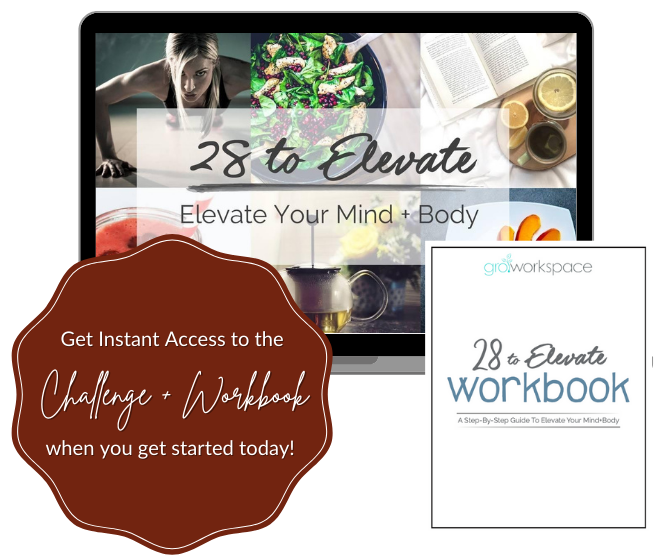Aroma Wellness in Your Wisdom Years - Sage Living Lifestyle - Elevate Your Magical Everyday
“To be a choicemaker in the third phase means that what you choose to do or be must correspond with what is true for you at a soul level.”
~Jean Shinoda Bolen

Exhale and be ...
take time for yourself
to make Your Everyday a little bit more special
... today, tomorrow ... always!
Welcome to the Holistic Self-Care Lifestyle section for the 50+ Post-Menopausal Woman in Her Wisdom Years
Prioritise Your Mental Health
Body Mind & Spirit
Enchanting * Whimsical * Dreamy * Nurturing * Healing * Uplifting * Mystical
... and yet science based ...
Access the Present Moment
and Connect with Your Inner Power and Freedom
"What we have once enjoyed, we can never lose.
All that we love deeply becomes a part of us."
~ Helen Keller
~ Helen Keller

Let us weave together as one heart ...
cherish deep and meaningful friendships
deepen spiritual practices & treasure soul-led conscious living
creating lasting meaningful memories
♥
"Let us be grateful to the people who make us happy;
they are the charming gardeners who make our souls blossom."
- Marcel Proust
- Marcel Proust
















